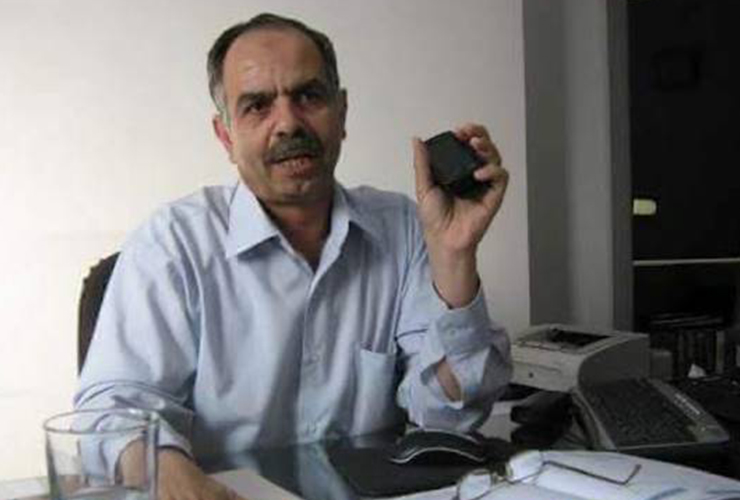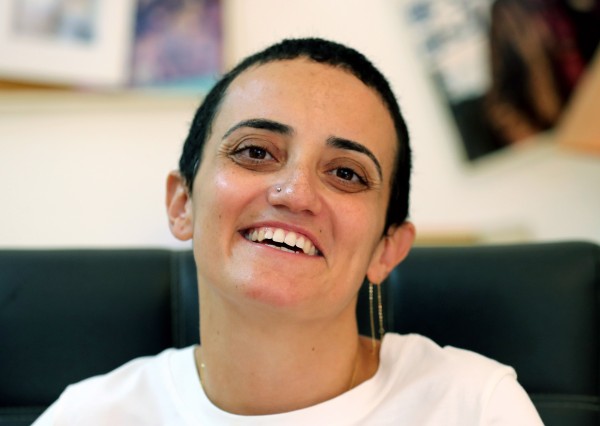The International Press Institute (IPI), a global network of editors, media executives and leading journalists for press freedom, today condemned Egyptian authorities’ decision to seek a retrial against an Egyptian journalist, Badr Muhammad Badr, who was ordered freed in December by the country’s Surpreme Court.
“The Supreme Court issued Badr’s release on December 3, before sending him on December 8, 2019 to the office of Cairo’s City Police, where he disappeared”, Gamail Eid, executive director of the Arab Network for Human Rights Information, told IPI. The journalist’s family wrote to the attorney general and minister of internal affairs during this period, but did not receive a reply as to his whereabouts.
However, Badr was reappeared this week at the public prosecutor’s office 83 days after his unexplained disappearance, according to his wife’s official Twitter page. Qutb Al-Arabi, head of the Arab Media Freedom Monitor, told IPI that the authorities were now bringing new charges against him.
Egyptian authorities arrested Badr in March 2017 for allegedly spreading false news and damaging the country’s reputation. While in prison, his wife was prohibited from visiting him or providing him with necessary medication.
After suffering from several health problems, including heart disease, liver disease, and diabetes, Mr Badr was sent to the prison hospital during his detention in mid-2017. Badr’s defence team was concerned about his health situation after attending his court hearing at the end of 2017. According to Eid, prison authorities did not provide Mr Badr with the necessary diagnostic care for his worsening heart condition.
“According to AMFM’s reporters, Badr was suffering from extreme fatigue and exhaustion while attending his session last Monday”, Al-Arabi told IPI.
Badr is one of at least 61 journalists currently detained by the Egyptian government, according to IPI data collected in cooperation with local rights groups.
“Egypt should immediately free Badr Muhammad Badr and end its harassment of him”, IPI Deputy Director Scott Griffen said. “The refusal to release him despite the Supreme Court’s order and now the decision to seek a new trial and prolong his unjust detention shows a deep disregard for the rule of law.”
Badr was appointed editor-in-chief of Lewaa El-Islam magazine in 1988, then worked for the Egyptian newspaper Al-Shaab starting in 1990. A decade later, in 2000, he became the editor-in-chief of the Afaq Arabia newspaper. He then left in 2014 to become the editor-in-chief of the Arab Family newspaper until it closed in November 2006. He worked as a reporter and contributor for several Arab media outlets including Al Jazeera Network and has published seven books.



